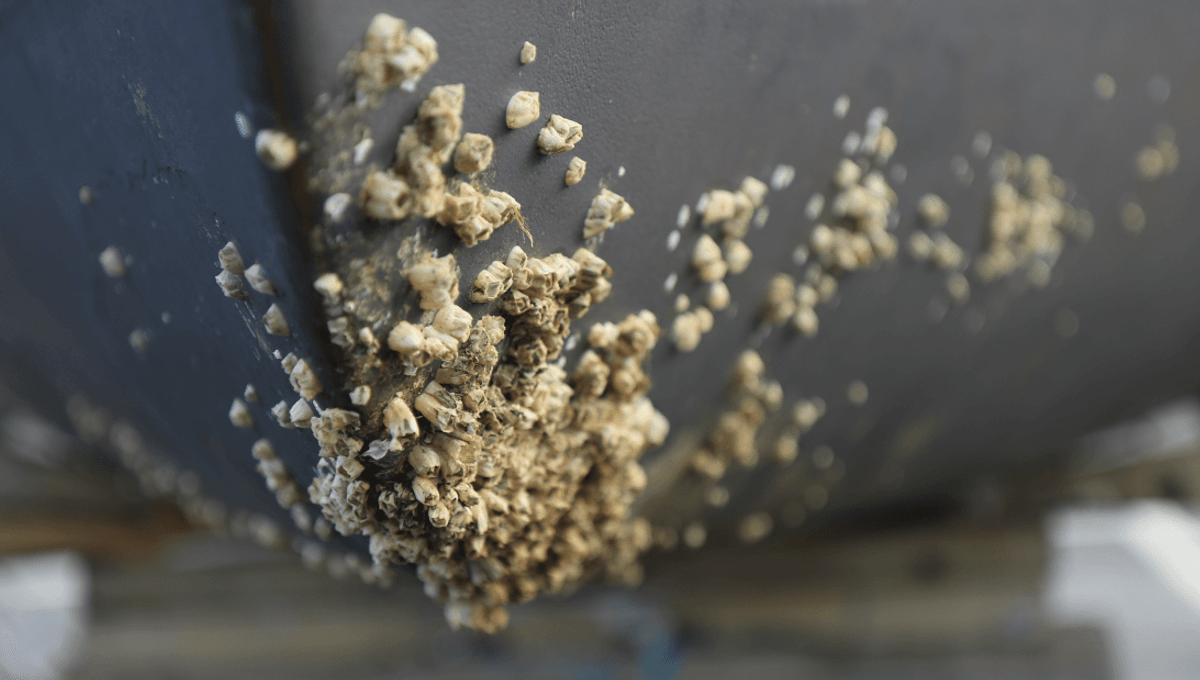-
Noticias Feed
- EXPLORE
-
Páginas
-
Blogs
-
Foros
For The First Time, We've Found Evidence Climate Change Is Attracting Invasive Species To Canadian Arctic

First-Ever Detection Of An Invasive Barnacle In Arctic Canada Shows It’s No Longer Cold Enough To Keep Them Out
An intruder has been detected in the Canadian Arctic for the first time, and it’s not good news for the health of our planet. The bay barnacle is a known invasive species that’s been making its unwelcome mark on European waters and the Pacific ocean, disrupting ecosystems as it spreads. There was a time we thought Arctic waters were too cold for invasive species like this to move in, but apparently that is no longer the case.
The rest of this article is behind a paywall. Please sign in or subscribe to access the full content. A new study describes the first effort to use environmental DNA (eDNA) metabarcoding as a way to analyze a single water sample for evidence of species living in the Canadian Arctic. The approach works because, as living things move through water, they leave behind a genetic trail in the form of skin cells and waste. The breakthrough with eDNA is that we no longer need to see living things to know they’re lurking out there in the environment. In this instance, it’s turned up some bad news. Among the species identified from their eDNA was the bay barnacle, Amphibalanus improvisus. If you’re not up-to-date on the latest barnacle news, then it’s important context that this is a highly invasive species that’s proven itself to be highly prolific and very disruptive. In short, precisely what the Arctic doesn’t need. Its detection through eDNA marks the first time it's been documented in the Canadian Arctic marine environment. As for how it got there, ships are partly to blame. The spread of the invasive bay baracle. Image credit: British Antarctic Survey Ships carry something called ballast water, which is stored in tanks to provide stability and maneuverability as vessels move around. As the National Invasive Species Information Center notes, it's one of the major pathways for non-native species to travel around and get introduced to new environments. Clingy creatures like barnacles can also stick to the hull of a ship. Given shipping traffic in Arctic Canada has increased by over 250 percent since 1990, you can see where the barnacle's window of opportunity started to emerge. What appears to have finally made it possible for them to arrive is changing ocean temperatures. The cold water of the Arctic was at one point chilly enough to prevent invasive species from spreading, like a kind of thermal barrier. Now, it seems that barrier is weakening. “Climate change is really at the core of this problem,” said lead author Elizabeth Boyse, an ecologist at British Antarctic Survey, in a release. “Ships are increasing in number because of reduced sea ice opening new shipping routes. Add to this, the invasive species that the ships bring to the Arctic, are also more likely to survive and establish populations because of warmer water temperatures.” The team’s next challenge is to determine if the barnacles they’re detecting are larval forms or a breeding population, and monitor how their spread develops, and if it starts to impact the local ecosystem. Curse you, surprisingly mobile barnacles. The study is published in the journal Global Change Biology.


